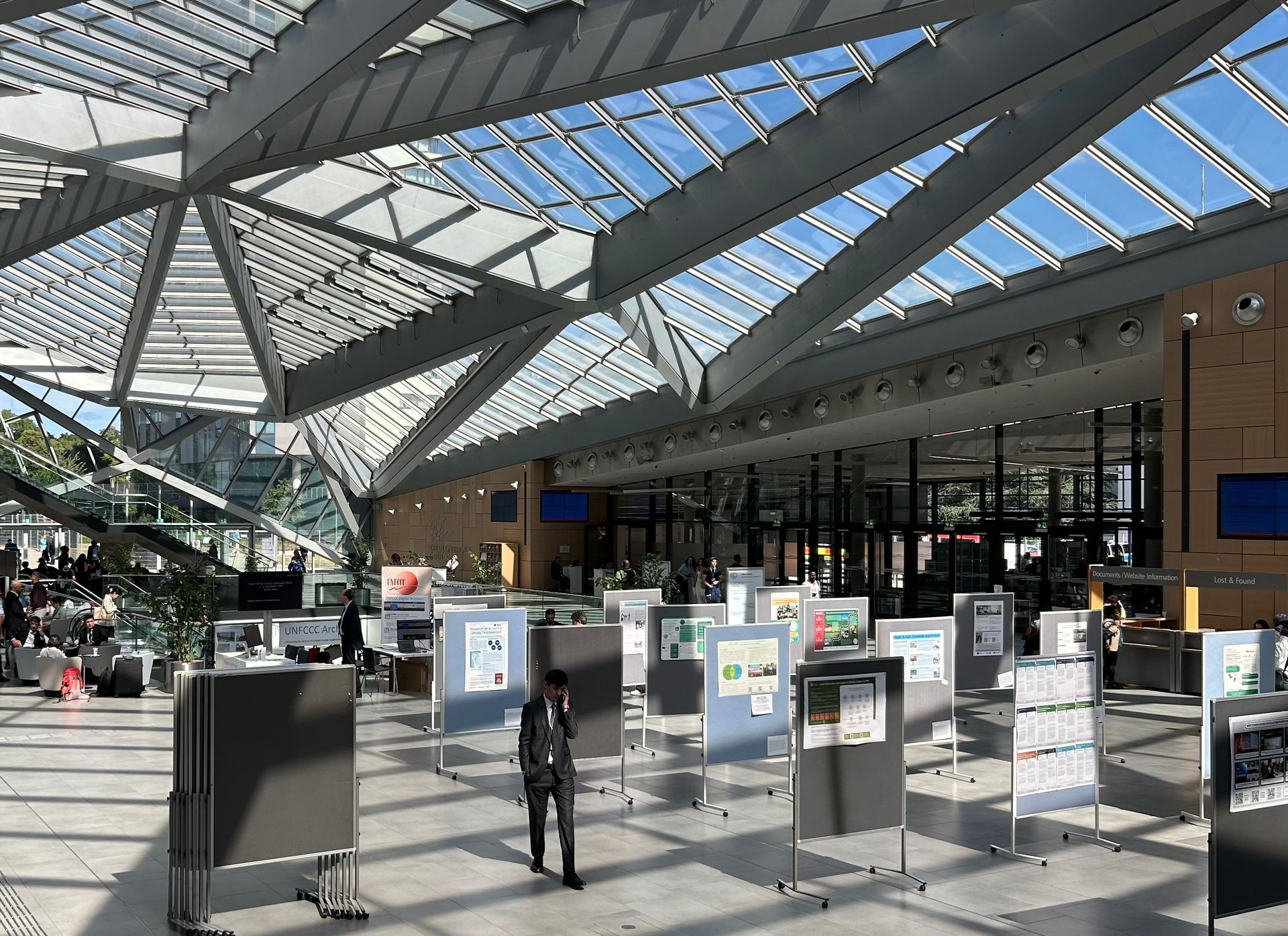Sustainable Germany (8): Angela Merkel’s governance of sustainable development

Leading a rich country towards sustainability without risking to loose its current wealth
In wealthy countries the transformation to climate resilience and sustainability can be supported by the wealth of financial, technical and intellectual resources. However, if done in wrongly these countries risk to lose their wealth before they reach climate neutrality. A scenario politicians in these countries are afraid of.
In Germany the Federal Chancellor Angela Merkel knows that and so she has chosen a governance strategy where climate and sustainability are both, taken up by the top of the government and at the same time kept under control and separated from other governmental structures and processes.
With a GDP of $3.8 trillion in 2020 (according to a World Bank estimate), Germany is the largest economy in Europe and one of the largest in the world. Like other highly developed, service-oriented social market economies, Germany has one of the highest standards of living in the world. The country's GNI per capita is $55,220. Exports also play an important role in the German economy, accounting for 46.1% of national output -- far more than the 28.6% average for all countries. Germany is home to some of the world's largest automotive industries, such as Daimler, Volkswagen, and BMW, and cars and vehicle parts account for 14.2% of the country's total export value. Other major exports include chemical products, mechanical equipment, and minerals.
Unfortunately, the Achilles tendon is that most of the wealth still depends directly or indirectly on the use of non-renewable resources like coal, oil and gas. Concerned about uncontrollable side effect of a grand plan transformation the government decided to follow a rather incremental approach. The public increasingly takes a different position and thus, the cautiousness of the Merkel government may have contributed to the heavy losses Merkel’s party faced during recent Federal elections.
National institutions, responsibilities and instruments

Driver and brakesman of the sustainability process: the Chancellery
The German Sustainability Strategy includes the goals, indicators and targets and the outline of the process to implement the strategy. Preparations for the original Strategy and its 2021 Update took the form of a broad-based dialogue process involving mainly the interested professional public, but also about 1400 citizens. Some 360 institutions, associations, organisations and individuals had submitted responses to the draft. In addition, every two years the Federal Statistical Office provides an extensive description of the trend in national sustainability indicators in its indicator report.
The responsibility for the German Sustainable Development Strategy lies with the Federal Chancellery and according to the strategy this is due to its overarching, cross-cutting nature and particular significance. At the centre of the governance structure there is a State Secretaries’ Committee on Sustainable Development. It is chaired by the Head of the Federal Chancellery and it serves as central coordinator for the Sustainable Development Strategy. The Chancellery claims that "In Germany, sustainable development goes right to the top" (page 13 of the Summary Version). That is almost correct. At the top of the government is the Chancellor and his/her cabinet of ministers not a committee of State Secretaries.
Also interesting is that there is a Parliamentary Advisory Council, the Council for Sustainable Development (mentioned in an earlier post) and municipalities. The role of the parliament as a constitutional body and of municipalities is regulated by law in Germany. With respect to the Strategy their role seems to be limited to meeting attendance, position papers and dialogue. In general, the work of the institutions contributing to the implementation of the Strategy seems to be focused on dialogue, position papers and consultation
The Instruments and procedures include:
- Regulatory impact assessment for sustainable development
- Communications
- Funding as leverage
- Sustainable administration/continuing education
An update of measures is planned in 2021 based on the Federal Climate Change Act
The need to reform Germany's governance of climate resilience and sustainable development
At the High-level Political Forum on Sustainable Development (HLPF) on 5-16 July 2021 in New York City a statement was presented by the German Trade Union Confederation (Deutscher Gewerkschaftsbund – DGB), the
German NGO Forum on Environment and Development Association of German Development and Humanitarian Aid Non-Governmental Organisations (VENRO) and the German UN Youth Delegates on Sustainable Development. Among others it states:
"We are willing to be part of the SDG implementation. However, participation is not an end in itself, but must be politically relevant. Especially the younger generations need to be involved more inclusively.
The German government claims that the 2030 Agenda is the guiding principle of German policies. For this to come true, we need political coherence, global solidarity and effective measures to tackle the multiple crises."
In order to do justice to the guiding principle of the 2030 Agenda to leave no one behind, the federal government must develop the German sustainability strategy into an instrument of change. It needs clear guidance for all ministries to allow implement the Strategy coherently. Furthermore, from VENRO's point of view, the role of Parliament must be strengthened. The federal government should report regularly to the parliament (Bundestag) about the the status of Strategy implementation. Also, the Parliamentary Advisory Council for Sustainable Development requires more support to be put in a position to effectively assess the sustainability of all future legislative proposals. [1]
Meanwhile the winning parties of the German federal election move towards building a new government. The coalition agreement is supposed to role out the way towards climate neutrality, sustainability, digitalization, decent work and social security. It will depend a lot on the governance and management structure if the new government will be able to succeed.
[1]
https://venro.org/fileadmin/user_upload/Dateien/Bilder/Diverse/Statement_VENRO_Jugend_Forum_DGB_2021_final.pdf
Policies and Governance for Resilient and Sustainable Cities and Regions









